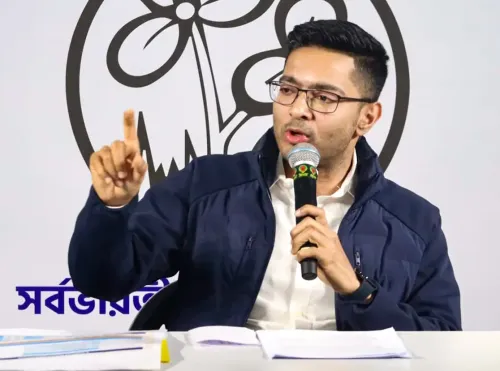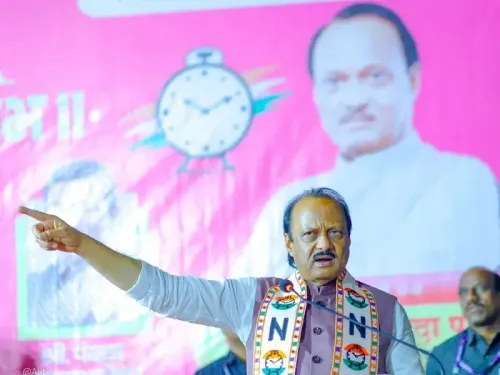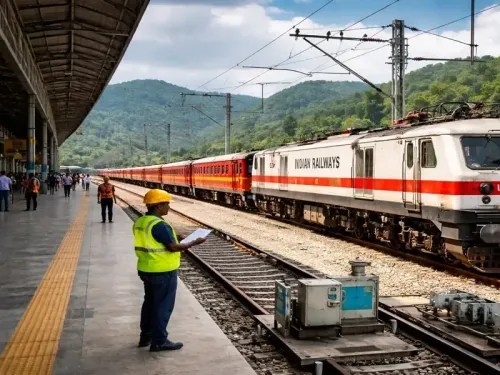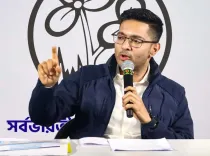Is the President’s SC Reference Unconstitutional?
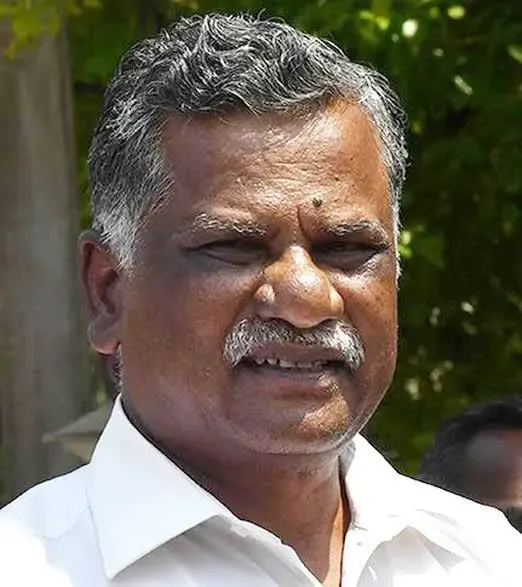
Synopsis
Key Takeaways
- Mutharasan criticizes the President’s SC reference as unconstitutional.
- Claims it undermines federalism and state rights.
- Supreme Court previously set deadlines for legislative decisions.
- Calls for public movements against centralization of power.
- Political motivations are suspected behind the President's actions.
Chennai, May 15 (NationPress) The Tamil Nadu state secretary of the Communist Party of India (CPI), R. Mutharasan, has expressed strong disapproval of President Droupadi Murmu’s recent decision to pose a series of questions to the Supreme Court regarding the timeline for Governors and the President to respond to Bills approved by state legislatures.
Mutharasan labeled the action as “unconstitutional” and harmful to the country’s federal structure.
Mutharasan emphasized that the Tamil Nadu government had previously engaged in a legal battle in the Supreme Court over the delays in the Governor’s assent to Bills. He highlighted that the Supreme Court had established explicit guidelines concerning the timeframes for constitutional authorities like Governors and the President to act on such Bills.
“Following the Tamil Nadu government’s petition, the Supreme Court issued a landmark ruling imposing deadlines for decision-making on state legislation. This judgment was hailed nationwide as a pivotal advancement in safeguarding democratic governance. Therefore, it is both surprising and puzzling that the President has now submitted 14 questions to the apex court seeking clarity on the same matter,” he stated.
Mutharasan accused the move of being politically driven and influenced by the Union government.
“It is clear that the Union government is directing the President to make this reference, which directly undermines the Supreme Court’s authority and disrupts the federal equilibrium,” he asserted.
He described the act as a blatant breach of the Constitution and cautioned that it could create a perilous precedent. He called on all democratic forces in the nation to rally and resist such actions.
“This transcends mere legal or political matters—it poses a threat to our constitutional democracy. Grassroots movements must emerge to counter such efforts that diminish the rights of state governments and the voice of the populace,” he added.
Mutharasan’s comments arise amidst escalating criticism from opposition parties regarding the Centre’s supposed efforts to centralize power through gubernatorial offices.


